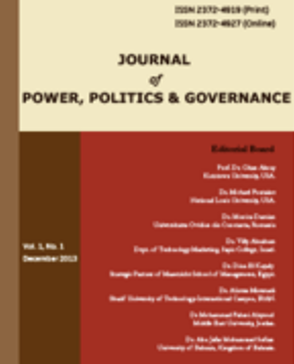Rights or Riots? Regional Institutional and Cultural Legacies in the MENA Region, and the Case of Turkey

The study of political institutions over the last fifty years has demonstrated that they are, perhaps not surprisingly, critical to governance. While this statement may sound obvious to the reader, over the course of the last fifty to hundred years of scholarship on these issues, scholars and others have come up with many other ideas about what makes politics work, many of them centered on the individual action of charismatic leaders or strongmen, elections of the same, perhaps strong economic institutions, or even simply the hegemonic assertions of political corruption and domination on the part of power elites. Political institutions do not always receive enough of our attention.
We want to argue that the establishment of not only strong institutions, but the hands-on establishment norms and practices within those institutions will be critical to political outcomes around the Middle East and North Africa (MENA) in the post- Arab Spring era. As an institutional matter, we suggest Turkey as an example of a country that has been able to maintain the integrity of its foundational political institutional design while incorporating religious parties. Religious constituencies have been systematically suppressed in most of the secularist regimes of the 20th century in the MENA region, and their incorporation into their respective political systems is a high priority for many religious constituencies in many countries of the MENA region. Some other MENA countries have similarly successfully incorporated religious parties into their political systems without endangering the institutional design of the political system at large, including Jordan and Yemen.
The Arab Spring, which broke out in January of 2011, spread quickly across the Middle East. A pressing concern for U.S. analysts in the post-Arab Spring period centers on the role of religious parties. Do we encourage their inclusion in newly forming regimes; or do we continue with a now at least 35 year tradition of distrust of Islamic parties (dating since approximately the Iranian Revolution)?
Turkey in particular offers a valuable and fascinating lesson in answer to this question. Turkey has maintained for over ten years the “profane”(i.e.,non-religious) institutional structures that allow the participation of a wide swath of the population in the politics of the government. Why has Turkey been able to do this? We suggest that the answer lies in: (1) Institutional Factors; (2) Military Structures; and (3) Education.
Woods, P., Karadag, H., Journal of Power, Politics & Governance June 2015, Vol. 3, No. 1, pp. 63-79. DOI: 10.15640/jppg.v3n1a4